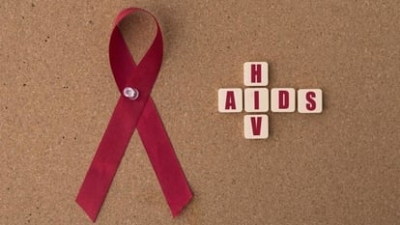London: Lack of knowledge, awareness and stigma about PrEP — a drug which stops HIV infecting the body — are the major barriers that limit young men at HIV risk from taking the preventative pill, revealed a study on World AIDS day Friday.
Pre-exposure prophylaxis ‘PrEP’ refers to a pill that prevents HIV contraction in HIV-negative individuals.
PrEP can be taken daily or on-demand a day before and for two days after sex. When taken as prescribed it is 99 per cent effective at preventing HIV transmission.
Researchers at University Bath said that despite higher risks of contracting HIV, uptake of PrEP among young men who have sex with other men is low in the UK. To understand they investigated why this was the case through in-depth interviews with a small sample of young men aged between 18-22.
Their results, published in the Journal of Prevention and Health Promotion, showed a lack of a perceived necessity to take PrEP, a lack of general knowledge about the drug — what it is and how it works; as well as discomfort in getting hold of the drug.
Others saw STI screening as a solution, without considering the possibility of contracting HIV in between testing. Participants often lacked a full picture of why and how they might use PrEP, and suggested finding it difficult to access detailed information.
Regarding access to PrEP, participants also referred to awkward consultations with GPs or sexual health clinics where requesting PrEP had a perceived stigma attached.
“I started researching PrEP uptake after I noticed a worrying number of my LGBT+ friends were relatively unaware of the drug. Following this study, we propose enhancing such awareness by promoting stories from PrEP users about its consumption and benefits, coupled with integrating PrEP discussions into sex education in schools,” said first author Loukas Haggipavlou from the varsity.
“To further increase uptake among young men who have sex with men, we also recommend the implementation of new online services for PrEP acquisition, to simplify the process, destigmatise and increase access,” he added.
IANS
